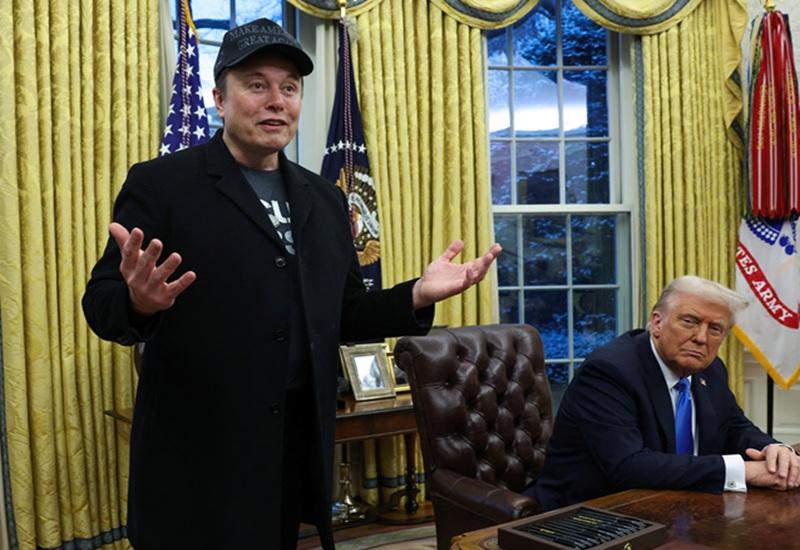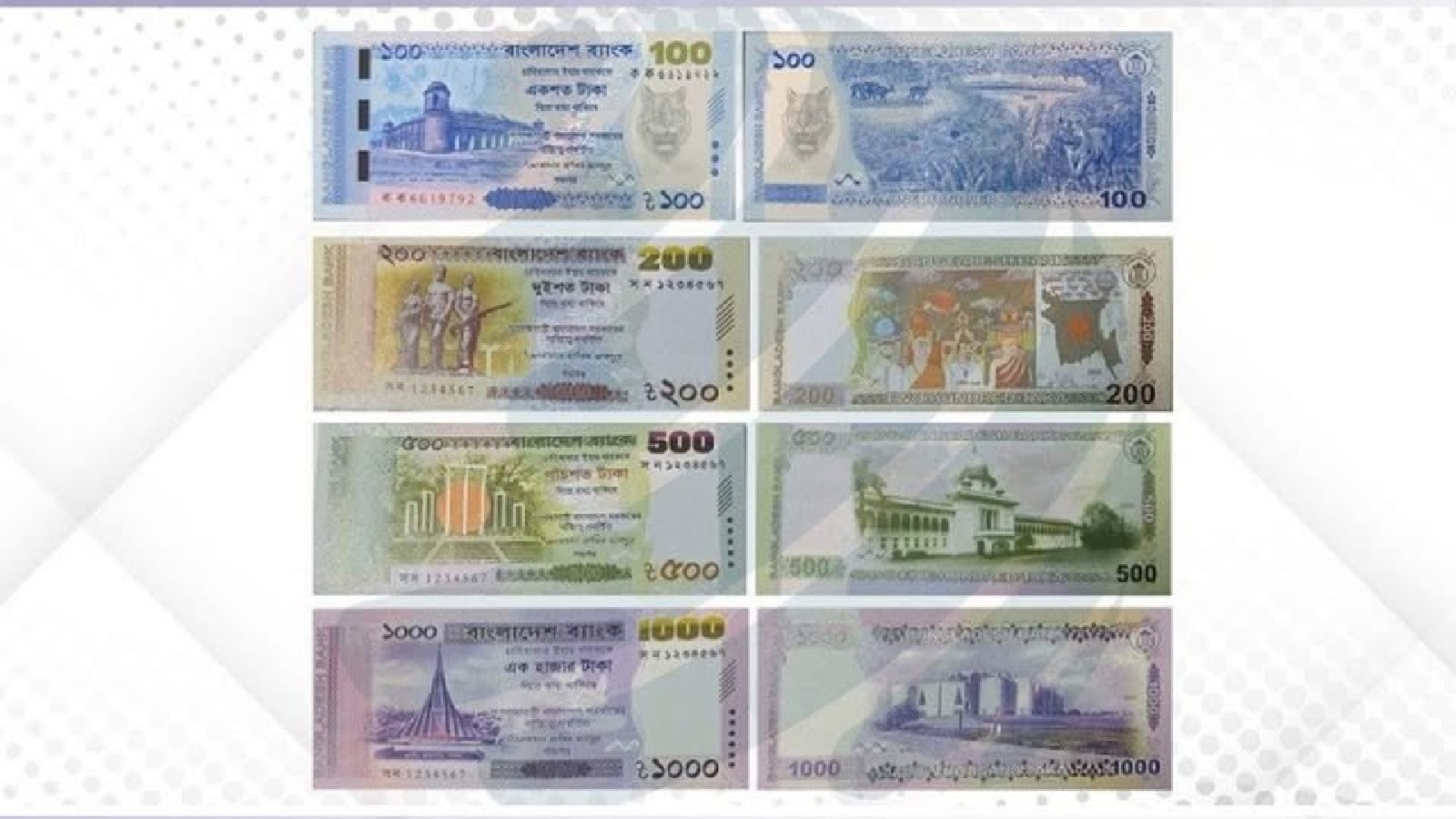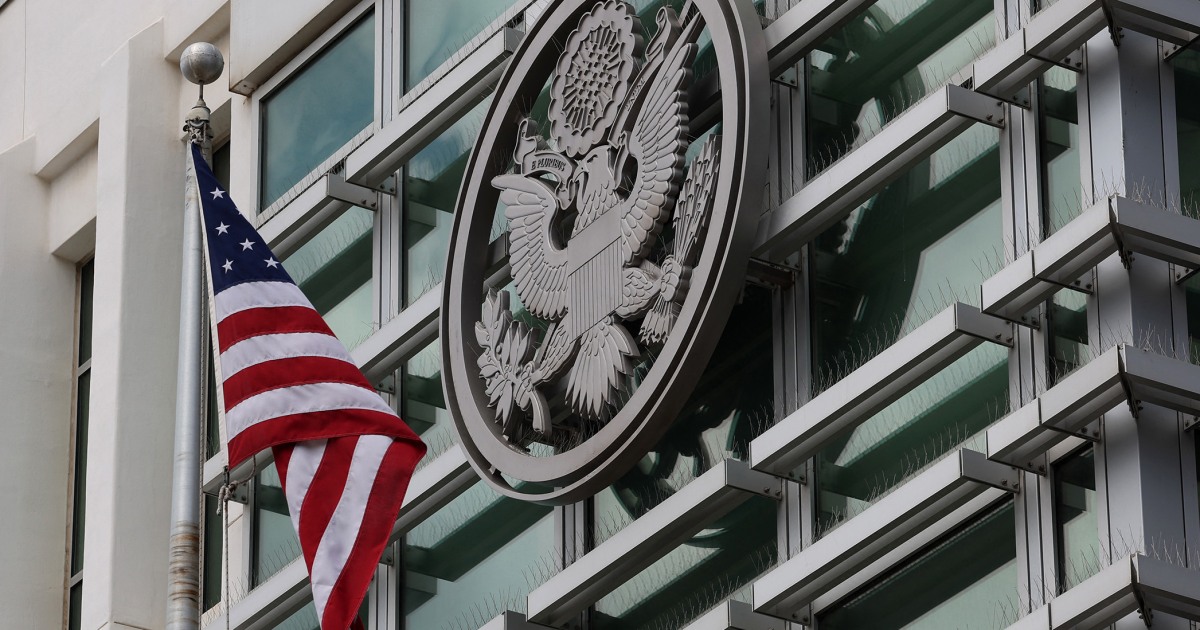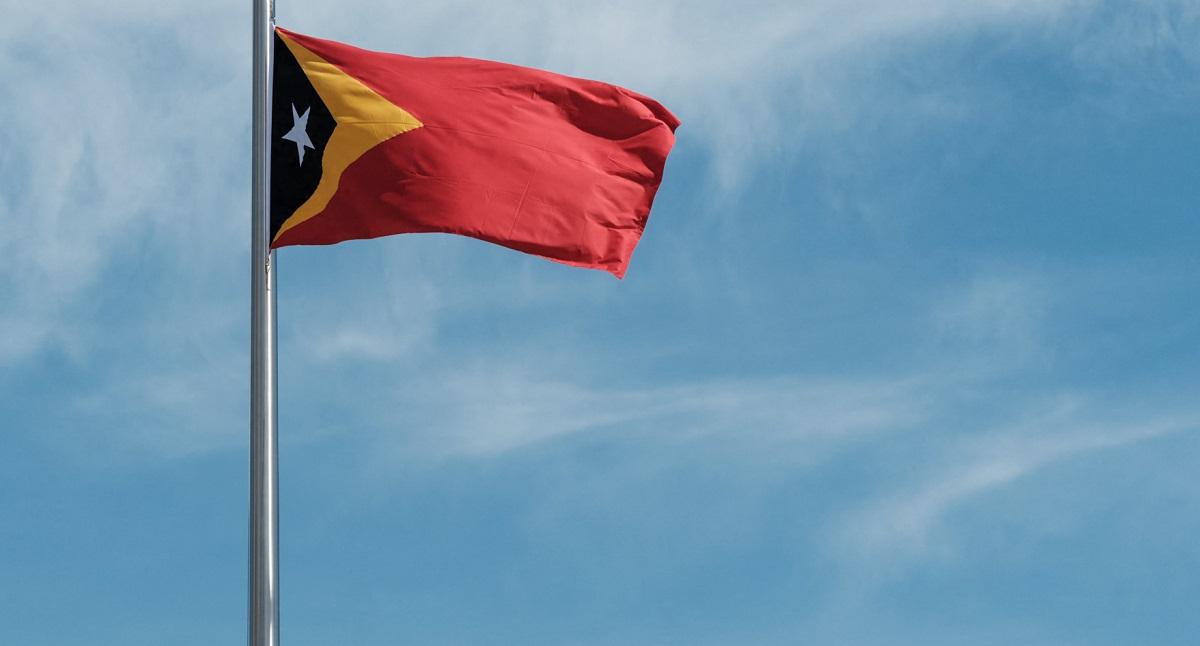India's Historic Trade Agreement with the UK Coincides with Military Action Against Pakistan
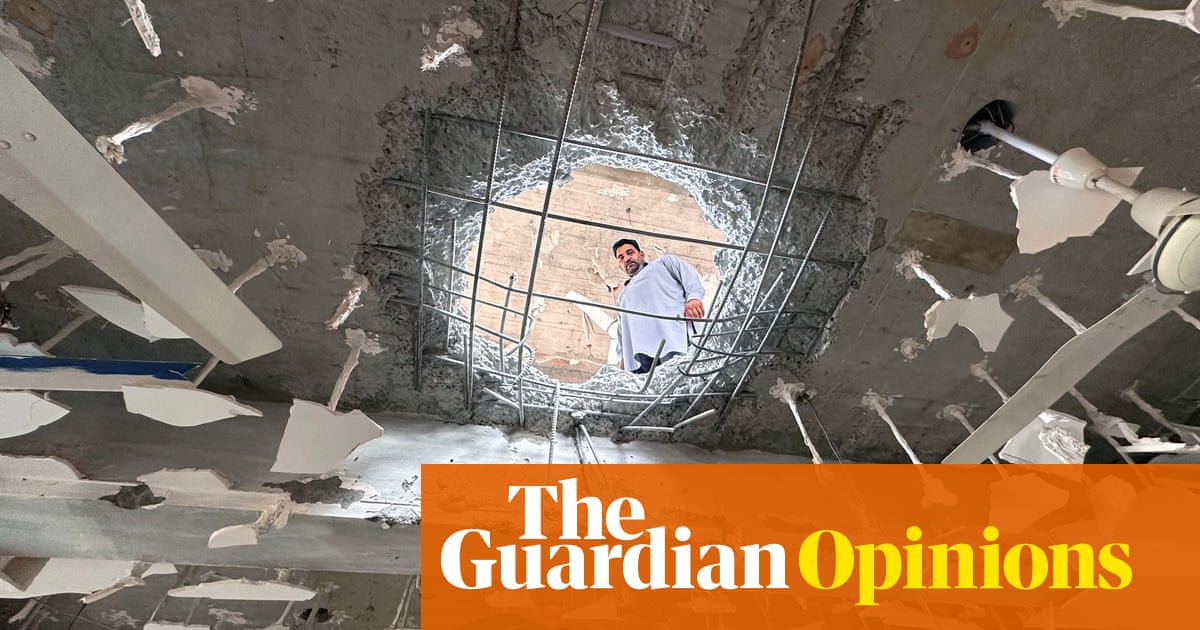
This week marked a significant turning point for India, as the nation concluded a "landmark" trade agreement with the United Kingdom while simultaneously launching military operations against Pakistan. This striking juxtaposition of diplomatic progress and military engagement highlights the complex nature of India’s current geopolitical landscape, where the past and future seem to collide.
The trade agreement with the UK has been in the works for three years and is one of several negotiations India is pursuing with other major players, including the United States and the European Union. This deal signifies India's growing stature as a global powerhouse, representing the world's most populous nation and its fastest-growing major economy. Currently, India ranks as the fifth-largest economy globally, with projections suggesting it will soon ascend to the third position.
In stark contrast, India's military operations against Pakistan and within Pakistan-administered Kashmir reflect the ongoing challenges posed by regional instabilities and historical grievances. These actions are largely viewed as a response to a tragic terrorist attack that occurred last month, which resulted in the deaths of 26 tourists in Indian-administered Kashmir. The military operation, named "Sindoor," is particularly poignant; the term refers to a symbol of marriage and serves as a tribute to the women who lost their husbands in the attack, which specifically targeted Hindu men.
The Indian government asserts that its operations aim to minimize conflict with its nuclear-armed neighbor, emphasizing that its strikes have been directed at terrorist infrastructure rather than military installations. However, reports of civilian casualties have emerged, raising concerns about the true nature of these military actions. New Delhi characterizes its operations as “precision strikes” that are “focused, measured, and non-escalatory,” but the ongoing situation casts doubt on this claim.
The potential for escalation largely hinges on Pakistan's response. The current dynamics are precarious, with both nations maintaining assertive military postures to satisfy domestic political agendas and nationalist sentiments. Historically, the United States has played a crucial role in de-escalating tensions between India and Pakistan. However, the diplomatic approach has shifted under President Donald Trump, who dismissively referred to the current hostilities as a "shame," suggesting that the two countries would eventually resolve their issues independently. This stance reflects a broader trend where the U.S. appears less inclined to engage deeply in South Asian geopolitics, focusing instead on its own spheres of influence elsewhere.
India and Pakistan have experienced three major wars since their establishment in 1947, with two of these conflicts centered around the contentious Kashmir region. This territory is of critical importance to Pakistan's national security; approximately 80% of the nation’s agricultural land relies on water from the Indus River system, which traverses Kashmir. Consequently, India’s recent decision to suspend a longstanding water-sharing agreement has been perceived as an existential threat by Pakistan. Just a week prior to the terrorist incident, Pakistan's army chief, Asim Munir, emphasized Kashmir’s significance, labeling it as the nation’s "jugular vein." Furthermore, the discovery of essential mineral deposits in Kashmir has heightened the strategic stakes for India.
At the core of this enduring conflict lies a profound crisis of identity rooted in the historical scars left by the partition of India in 1947. The Pakistani state, particularly its military and intelligence sectors, has gained legitimacy through an entrenched anti-India narrative. In fact, the true centers of authority in Pakistan are often viewed as the military and the head of the Inter-Services Intelligence (ISI), rather than the civilian leadership of Prime Minister Shehbaz Sharif or President Asif Ali Zardari. The historical context reveals that no civilian prime minister has successfully completed a full term in Pakistan, which underscores the military's dominance in political and economic matters. If India and Pakistan enjoyed amicable relations, the rationale for the military's central role in governance would be considerably weakened.
On the Indian side, the government led by Prime Minister Narendra Modi significantly intensified tensions with Pakistan in 2019 when it revoked the special autonomous status of Kashmir and bifurcated the region into two territories under direct control from New Delhi. This move was justified by the Indian government as a means of normalizing the status of Kashmir, citing improvements in tourism, investments, and relatively peaceful elections in the region last year. However, the recent terrorist attack and the resulting military responses indicate that the situation in Kashmir remains anything but stable. Local grievances continue to simmer, as the autonomy and unique identity of the Kashmiri people have been increasingly eroded in both Indian and Pakistan-administered territories.
Given the historical and psychological dimensions of this conflict, it seems unlikely that the tensions between India and Pakistan will dissipate any time soon. Much like other long-standing geopolitical disputes, such as those between Israel and Palestine, the Taiwan Strait, and the ongoing conflict in Ukraine, the issues at play are deeply rooted in questions of national identity and historical narratives. Ultimately, while India aspires to elevate its status on the global stage, its ambitions remain inextricably linked to the unresolved instabilities within its immediate region.




